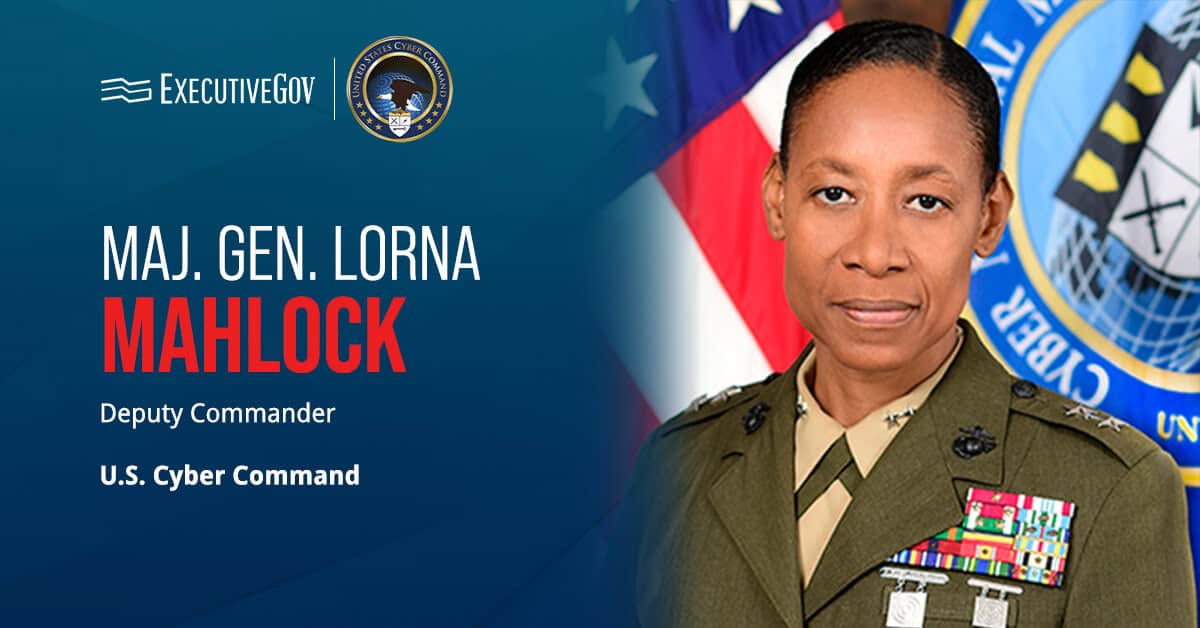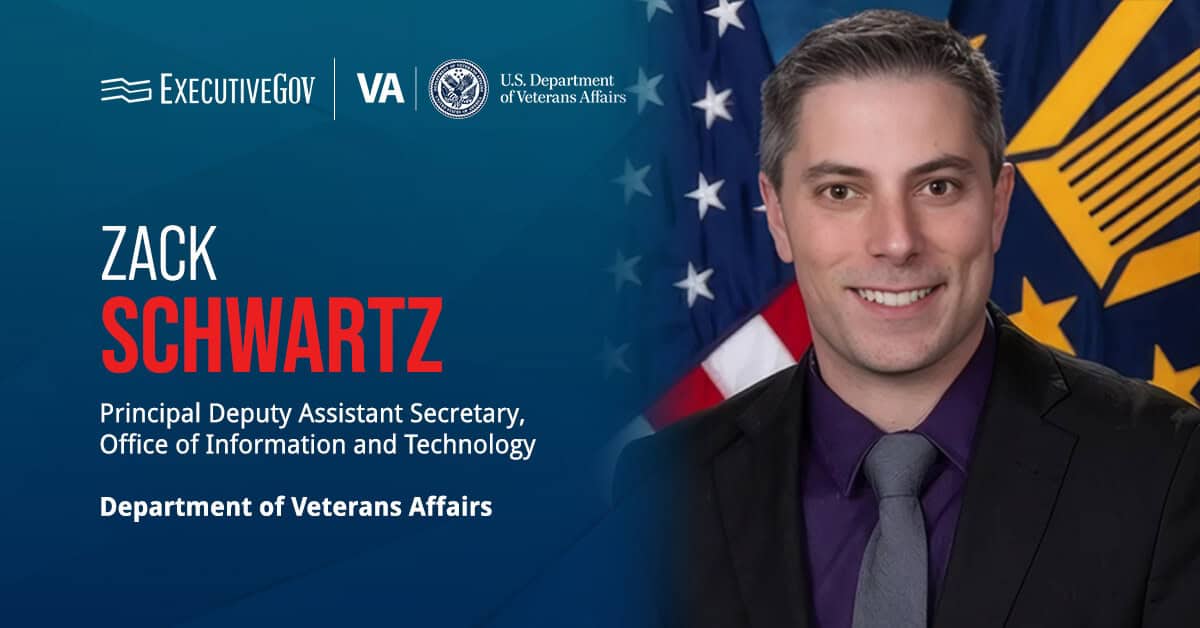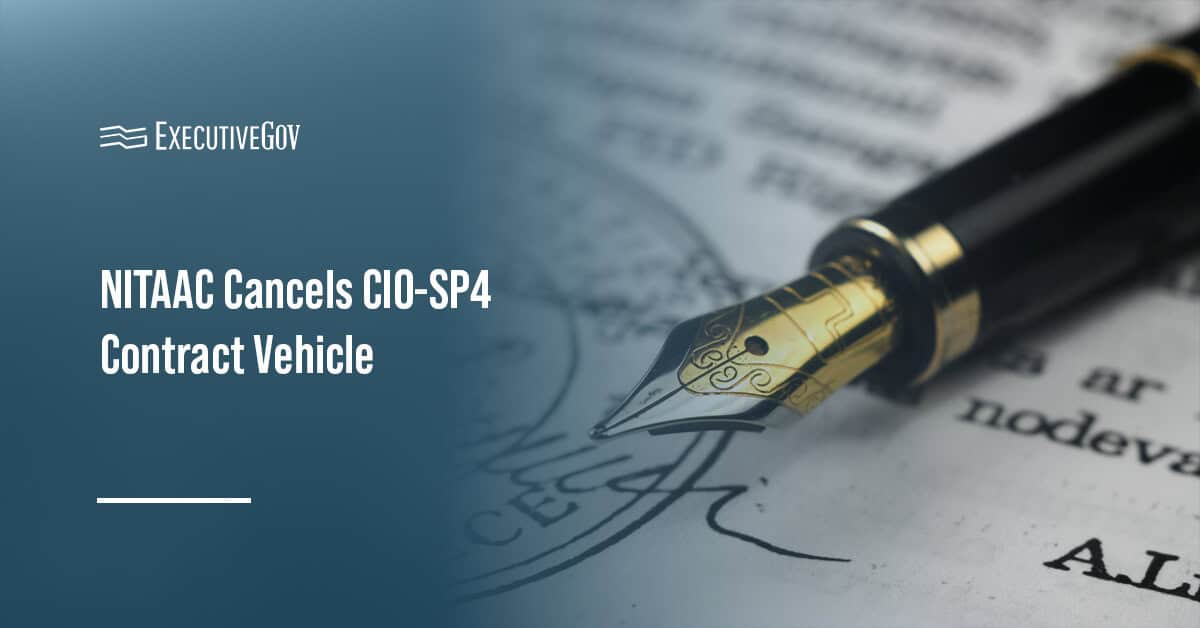Marine Corps System Command has begun seeking information from potential industry sources capable of developing an unmanned surface vessel, or USV, designed to support integrated intelligence, surveillance and reconnaissance missions.
A notice posted Friday on SAM.gov states that the Maritime Reconnaissance USV will be a semi-autonomous platform that collects data from multi-domain sensors to enhance maritime domain awareness for the expeditionary forces and coalition maritime operations centers.
The USV must be transportable via the Marine Corps’ land, sea and air assets, operational in NATO Sea State 4 and survivable in NATO Sea State 5.
It must also feature a sensor suite enabling ISR and passive capability for surface contact detection and recognition and additional modular payload capacity.
Interested parties have until Jan. 16 to respond to the request for information.





